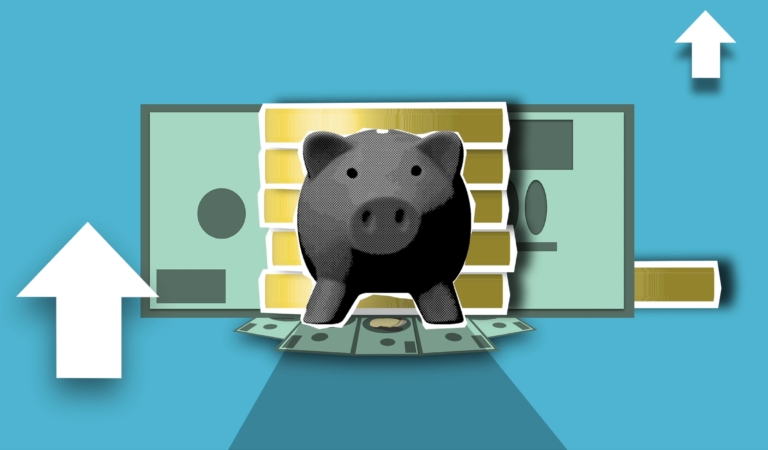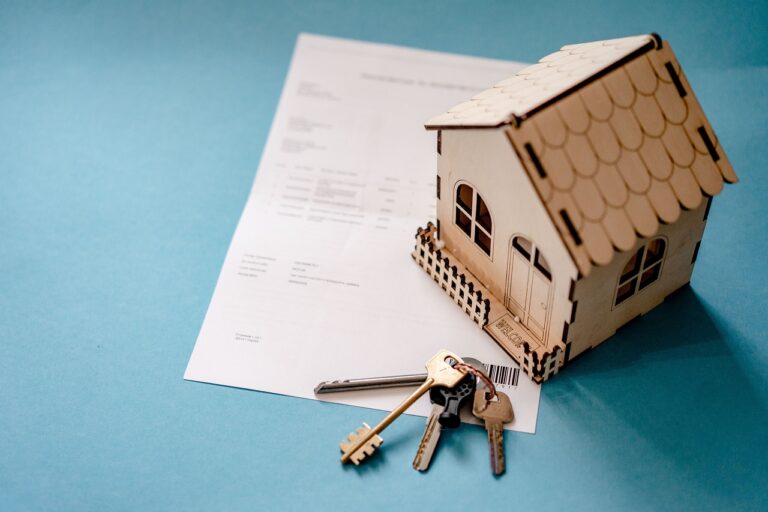Homeownership is a significant milestone for many people. As you embark on this journey, understanding mortgages and the loan process is crucial. We have compiled the top 15 mortgage FAQs to help you make informed decisions as you navigate the home loan process.
What is a Mortgage?
A mortgage is a loan used to purchase or refinance a home. The property serves as collateral, ensuring the lender can recover their investment if the borrower defaults on the loan.
What Types of Mortgages are Available?
There are various mortgage types, including:
- Fixed-rate mortgages
- Adjustable-rate mortgages (ARMs)
- Government-insured loans (FHA, VA, USDA)
- Conventional loans
- Jumbo loans
Each type has its benefits and requirements, so it’s crucial to research and consult with a mortgage professional to determine the best option for your situation.
What is a Pre-Approval and Why is it Important?
A pre-approval is a preliminary evaluation of your creditworthiness and financial situation by a lender. It helps you determine how much home you can afford, strengthens your negotiating position with sellers, and streamlines the loan process.
What is a Mortgage Rate and How is it Determined?
A mortgage rate is the interest rate charged by the lender on the loan. It is determined by factors such as market conditions, loan type, loan term, borrower’s credit score, and down payment.
How Do I Compare Different Loan Offers?
When comparing loan offers, consider factors like:
- Interest rates
- Annual percentage rate (APR)
- Loan terms
- Closing costs
- Prepayment penalties
- Loan features (e.g., fixed vs. adjustable rates)
Comparing these aspects will help you determine the most cost-effective loan for your needs.
What Credit Score is Needed for a Mortgage?
Credit score requirements vary by lender and loan type. Generally, a score of 620 or higher is needed for a conventional loan, while government-backed loans may have lower requirements.
How Much Do I Need for a Down Payment?
Down payment requirements depend on the loan type and lender. Conventional loans typically require a 5-20% down payment, while government-backed loans may require as little as 3.5% or even 0% for VA and USDA loans.
What are Points and Should I Pay Them?
Points are fees paid to the lender in exchange for a reduced interest rate. One point equals 1% of the loan amount. Paying points can be beneficial if you plan to keep the loan for an extended period, as the lower interest rate will save you money in the long run.
What are Closing Costs and How Much Can I Expect to Pay?
Closing costs are fees and expenses associated with finalizing a mortgage. They typically range from 2-5% of the loan amount and may include:
- Loan origination fees
- Appraisal fees
- Title insurance
- Escrow fees
- Prepaid interest
Can I Refinance My Mortgage?
Yes, refinancing your mortgage allows you to obtain a new loan with different terms, such as a lower interest rate or shorter loan term. Refinancing can help you save money, reduce your monthly payment, or build equity faster.
What is Mortgage Insurance and When is it Required?
Mortgage insurance protects the lender in case the borrower defaults on the loan. It is typically required when the down payment is less than 20% of the home’s value. Government-backed loans have their specific mortgage insurance programs, such as PMI for conventional loans, MIP for FHA loans, and a funding fee for VA loans.
What is the Loan-to-Value (LTV) Ratio?
The loan-to-value (LTV) ratio is a percentage calculated by dividing the mortgage amount by the appraised value of the property. This ratio helps lenders assess the risk associated with the loan. A lower LTV typically results in better loan terms and a lower interest rate.
What is the Debt-to-Income (DTI) Ratio and Why is it Important?
The debt-to-income (DTI) ratio is a percentage that compares your monthly debt payments to your gross monthly income. Lenders use this ratio to determine your ability to manage your monthly mortgage payment and other debts. A lower DTI ratio indicates a better financial position and a lower risk for the lender.
What Documentation Do I Need for a Mortgage Application?
When applying for a mortgage, be prepared to provide documents such as:
- Proof of income (pay stubs, W-2s, tax returns)
- Bank statements
- Investment account statements
- Identification documents (driver’s license, passport, Social Security card)
- Credit report
- Employment history
- Rental history (if applicable)
What Happens During the Loan Underwriting Process?
During the underwriting process, the lender thoroughly evaluates your financial situation, credit history, and property details to determine if you qualify for the loan. This process may include verifying your income, assessing the property’s value, and reviewing your credit report. Upon completion, the underwriter will either approve, conditionally approve, or deny your loan application.









